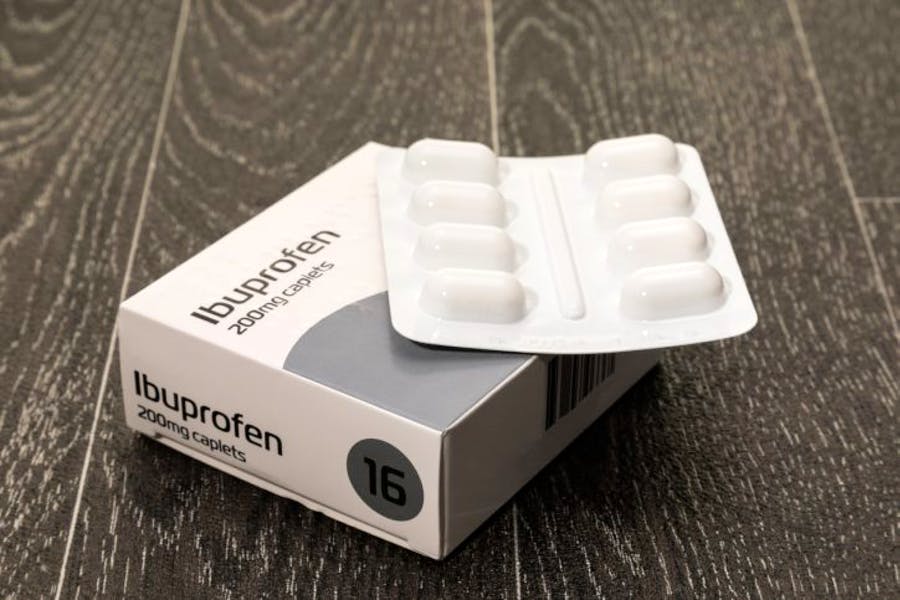It should perhaps not be surprising that the current COVID-19 pandemic has thrown up some absolute certainties, some uncertainties and a number of myths. One of the gray areas that could probably have not have been foreseen is the question that surfaced in the last month as to whether it is dangerous for someone with the virus to take the non-steroidal anti-inflammatory (NSAID) tablet Ibuprofen.
Conventional advice given by doctors to people suffering with a temperature and flu-like symptoms is to take either acetaminophen and ibuprofen as these not only ease any general aches and pains but also help reduce a fever, and these can be extremely effective at giving symptomatic relief. However, rumors and confusion as to whether taking ibuprofen for COVID-19 is potentially dangerous are swirling and appear to have originated in France after a doctor there tweeted that in this period of coronavirus it was necessary to remember the risk of complications of NSAIDs in case of fever or infection.
This warning was likely to have been triggered following a recent study which hypothesized that an enzyme boosted by anti-inflammatory drugs such as ibuprofen could facilitate and worsen Covid-19 infections. Anxiety on this point was then compounded by the French health minister saying that NSAIDs ‘could be an aggravating factor of the infection’, although he also said that people should consult their doctor before stopping taking them. (From last year and on the advice of the National Agency for the Safety of Medicines and Health Products, French health workers were advised not to treat fever or infections with ibuprofen). Since then, multiple mixed messages have appeared on all social media platforms — including from members of the medical profession — and these have further contributed to the confusion.
There has been no serious research into ibuprofen and the COVID-19 virus as we are so relatively early into the pandemic but previous work has been done with other respiratory infections and there is some suggestion that the anti-inflammatory properties of ibuprofen may — in some people — affect the immune system and so impact on the body’s ability to fight off infection leading to worsening of the disease.
Looking at earlier research it may now be the case that COVID-19 reduces a key enzyme that part regulates the water and salt concentration in the blood and so could contribute to the pneumonia seen in severe cases of coronavirus. Interestingly, ibuprofen appears to have the ability to aggravate this, whilst acetaminophen does not.
There are people who should not be taking ibuprofen anyway at any time, such as those with asthma and some heart and circulatory problems but if you are taking it at the moment on the advice of your doctor do not stop taking it before checking with them first. Until recently the National Health Service website in Britain was recommending both ibuprofen and acetaminophen as treatments for COVID-19 symptoms but now says that ‘until we have more information’, people should take acetaminophen ‘to treat the symptoms of coronavirus’ unless your doctor has told you acetaminophen is not suitable.
The World Health Organization is also now recommending that anyone suffering COVID-19 symptoms avoid taking ibuprofen for symptomatic relief as it may worsen the effects of the virus.
The bottom line here is that this is new science, evolving at a rapid rate, with a novel virus in a global pandemic and as such advice will continue to be fluid for weeks and months. However, unless you have been told by your doctor that you should not take acetaminophen it is now best practice to use it as the first choice of treatment for coronavirus symptoms — along with rest and plenty of fluids —rather than ibuprofen, with a recommended dose of a maximum of eight tablets in 24 hours.
This article was originally published on The Spectator’s UK website.


















